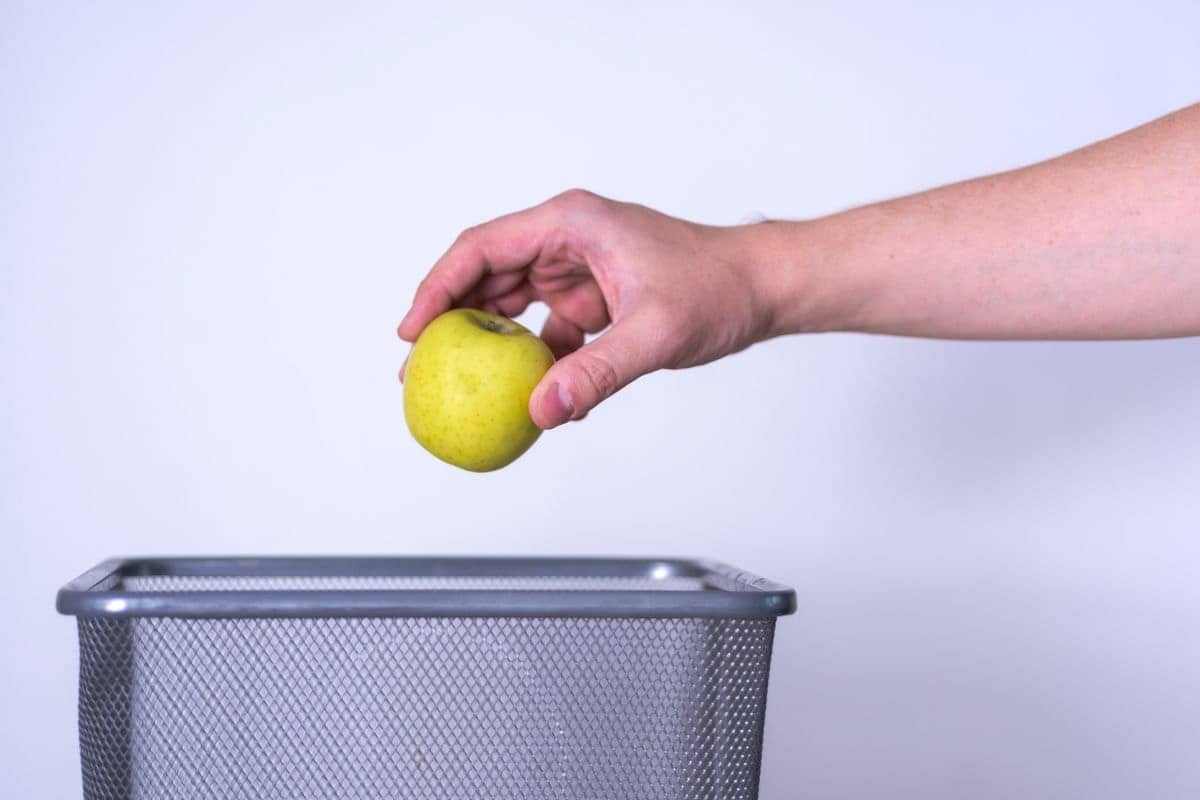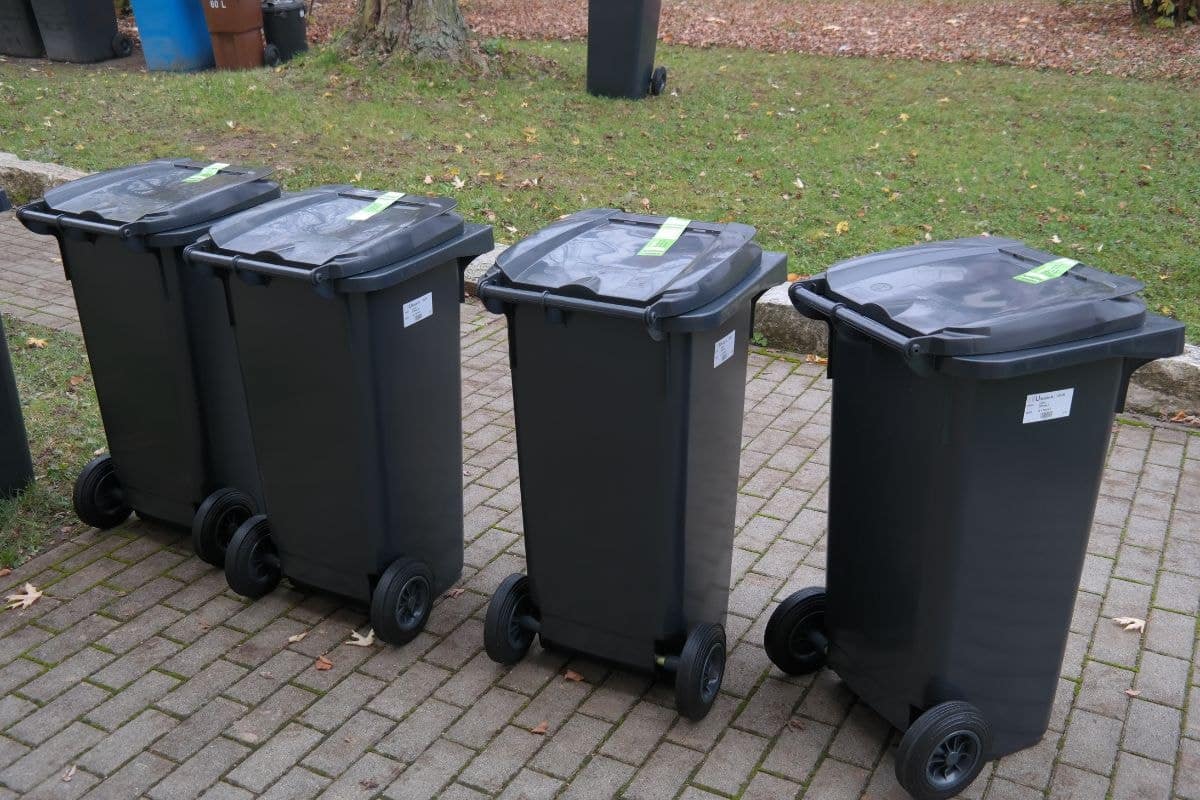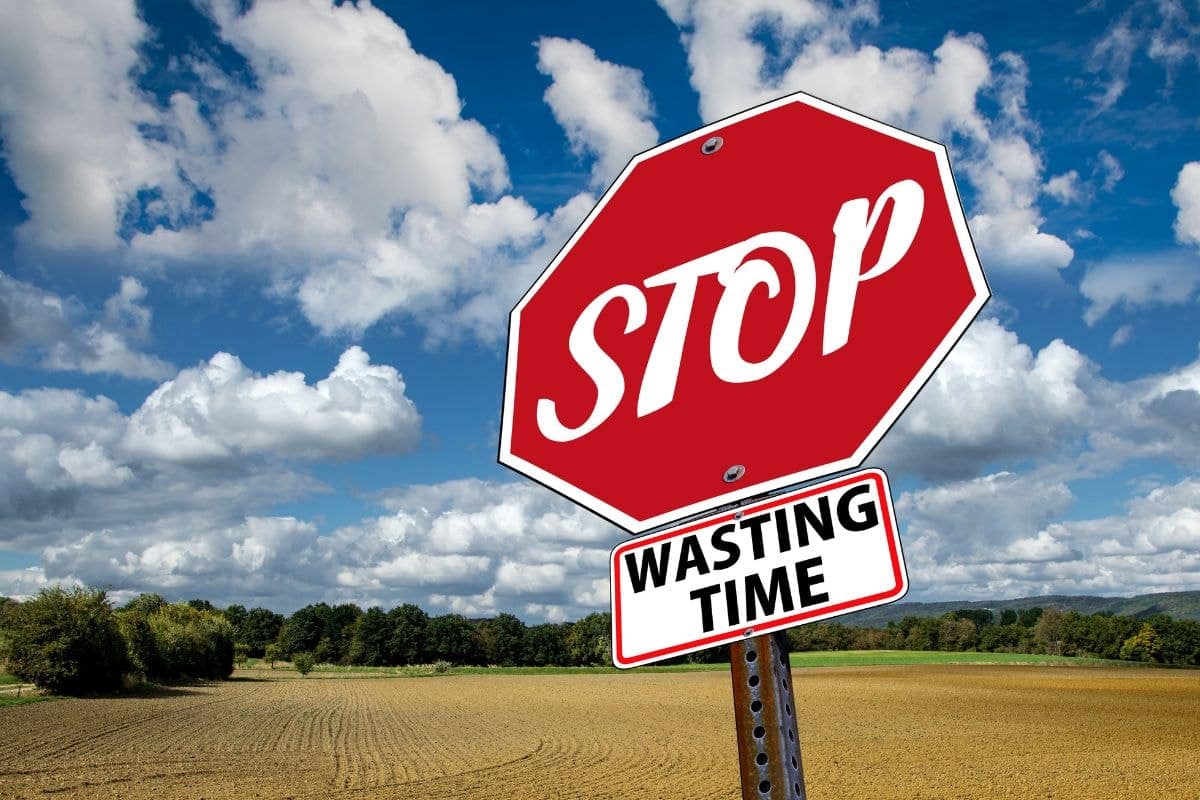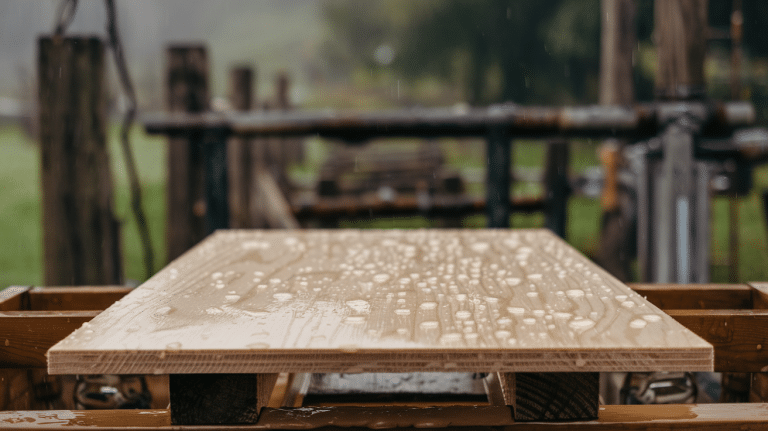The Ultimate Guide to Waste Management
In all honesty, managing waste is not the most exciting topic; however, it is relevant in this day and age, particularly in the context of environmental sustainability. With the effects of improper waste management and disposal today it is something that we must all take seriously to ensure a sustainable future.
Whether you are running a business or running a household, waste management is essential to keep your space safe, cand lear, and to protect the environment through waste management initiatives.
Many people today are realising and considering climate change as another top sustainability concern.
However good waste management is not something that just happens by accident; it requires proper planning, implementation and monitoring to overcome the waste management challenges regarding waste disposal.
In this guide, we will discuss the main challenges regarding waste management and how to plan and execute an effective waste management plan for a more sustainable waste management future.
What is Waste Management?
Firstly, it is important to fully understand what proper waste management entails. To make it simple, managing waste involves the process of collecting, treating and disposing of waste in such a manner that it does not cause harm to humans or the environment while promoting resource conservation.
Thus, an effective waste management system will encompass every step from sorting and reducing waste to recycling and proper disposal. However, it is also important to understand that various types of waste require different approaches in waste management and treatment, following the waste management hierarchy.
Different Types of Waste

Organic Waste
Organic waste mostly includes all biodegradable types of waste such as food scraps, garden waste and natural products, including yard waste. When not disposed of properly, organic waste ends up in landfills, where it causes what we know as greenhouse gas emissions, which are toxic to the environment.
Hazardous Waste
Hazardous waste consists of both solid and liquid waste materials that are harmful to humans and the environment. They usually consist of toxic chemicals such as hazardous substances like paint, thinner oils and cleaning agents, or hazardous solid materials. These waste types pose a significant health risk to humans and the environment if handled improperly.
Industrial Waste
Industrial waste consists mainly of the waste that manufacturing and production processes create, often affecting waste disposal costs. This could include substances like construction waste, textiles and mining waste. In more detail, it could consist of sludge, chemicals, solvents and metal scraps, often also hazardous waste.
Medical Waste
Medical waste is typically waste generated from healthcare facilities such as hospitals, clinics and practices. It can consist of materials such as gloves, needles, blood-soaked items and pharmaceutical products. Much of this waste is also classifiable as hazardous to human health and the environment.
Municipal Solid Waste
Municipal solid waste mainly refers to waste generated in households. It mainly consists of food scraps, paper, plastic, bottles, and other discarded household items or used products. Municipal waste consists of a variety of waste types and is easily managed through composting, recycling or reusing.
The Importance of Effective Waste Management Strategies
We might not always consider what happens to our waste after disposal. However, how you handle waste makes a huge difference in preventing environmental pollution .
Cost Efficiency
Effective waste management can help to reduce costs by maximising resource recovery through reuse and recycling. Minimising your waste volume and focusing on reducing waste generation helps to save money on disposal and transportation costs. It also reduces the risk of legal penalties for improper waste disposal.
Public Health and Safety
Proper waste management and disposal reduce the chances of spreading disease, contaminating water sources and infestation of pests. Furthermore, it ensures a cleaner environment for humans and animals, as well as ensuring the safety of sanitation workers.
Compliance
Adhering to national and municipal waste regulations and waste management services helps your business and household avoid fines and legal issues. Compliance also demonstrates your commitment to environmental responsibility and ethical waste disposal operations.
Risk of Illegal Dumping
When choosing improper waste disposal methods, such as illegal dumping, you stand the chance of legal action. Illegal dumping also pollutes natural ecosystems and can create safety risks for nearby communities.
Guide to Efficient Waste Management and Proper Disposal Methods
Proper planning is essential for effective waste management. Whether you are running a business or household, the key is to start from what you already know and carry on building from there.

Identify Waste
First of all, it is vital to identify what types of waste your home or company is generating and categorise the waste accordingly. For example, organic waste for composting, reusable waste, waste for recycling and hazardous waste.
Understand Your Waste Streams
In this step, you will break down your waste into various waste streams such as recyclable waste, compostable waste and other waste, including batteries, paints or medical waste that requires special handling.
From this step, you can establish which types of waste require special attention and figure out whether there are any regulations about the disposal of certain types of waste.
Involve Employees and Team Members
Trying to manage waste all on your own is not feasible. It is important to involve team members, such as employees at work or family members, along with waste collection services. Everyone must know how your waste management plan works, and adhere to the processes.
Set Goals and Establish a Waste Plan for Innovative Solutions
Try to set goals as motivation with a target or milestones. Having a well-established waste management plan with a specific goal ensures everyone is on the same page.
Include details in your plan such as how to sort your waste, organising waste collection or disposal and safety procedures for hazardous materials.
Choose the Right Waste Management Partners
Business owners, especially, may require the services of a reliable waste company for the disposal or recycling of waste. Make sure that you find a company that understands your industry and waste disposal needs.
For homeowners on the other hand you can contact your local municipality or a recycling center to offer guidance.
Implement the Waste Hierarchy
One of the most effective methods to manage waste is to implement the waste hierarchy of waste treatment and disposal.
Reduce
The most effective way to manage waste is to reduce the amount of waste you generate in the first place, which helps to minimise waste. When you reduce waste at the source, it lowers the amount of waste entering the waste stream and therefore makes the entire management process easier.
- Try to buy in bulk to reduce packaging waste.
- Choose reusable products, especially packaging materials such as cloth bags, metal straws, and refillable water bottles.
- Try to avoid single-use plastics and reuse plastic containers where possible.
- Plan your meals properly to reduce food waste.
- Think before you print and rather opt for digital documents, slips and invoices.
Reuse
Before you just throw something in the trash, think about whether you could reuse the item. Reuse extends the life of a product and prevents it from ending up in a landfill.
- Repurpose glass jars for storage or flower vases.
- Donate or reuse old clothes and electronics as part of your waste management efforts.
- Use old towels and shirts as cleaning rags.
- Repair broken items rather than replacing them.
- Get creative with scraps and create something useful or artistic.
Recycle
Recycling is an essential part of modern waste treatment strategies. However, improper recycling can do more harm than good. It is essential to know how and what to recycle. The best method is to have recycling bins for each type of waste such as glass, paper and organic waste.
- Separate your recyclable waste into each bin.
- Try to clean the recyclable waste before placing it in their bin.
- Take all electronic waste to their drop-off points.
- Recycle old battery bulbs and other industrial waste at collection centres
- Treat hazardous waste before disposal.
Compost
Using organic waste as compost is one of the best recycling methods and reduces a significant amount of kitchen scraps into something useful.
- You can set up a special recycling bin in your kitchen or outside.
- Add all your fruit and vegetable scraps to the compost bin.
- Try to balance green and brown materials such as leaves, garden, and kitchen scraps. Or cardboard to create nutrient-rich compost.
- Aerate and turn the compost regularly.
- Also avoid composting meats, dairy, oils and oily foods that may attract pests.
Composting generates nutrient-rich food for your soil and plants while preventing the waste from creating toxic emissions in landfills.
Dispose
As your final resort proper disposal is the last step. All non-recyclable or non-organic waste must go through disposal. However, it is also important to use a proper disposal method, especially for hazardous waste.
- Look for community or local hazardous waste collection points.
- Use designated drop-off locations for materials such as e-waste and motor oils.
- Read the labels of materials carefully to ensure proper disposal.
- Store and treat hazardous waste safely until you can dispose of it.
- Never pour any chemicals down the drain as they pollute water sources.
Keep an Eye on Your Progress
Over time you can monitor how your waste management plan is working and make adjustments where needed. If something is not working, do not fret, just tweak the process. Waste management is an ongoing process that requires adjustments to work properly.
In Conclusion
Proper waste management is essential for businesses and households. We are all responsible for the health and safety of our community and environment. By implementing an effective waste management system, using the right partners and following the waste hierarchy guidelines, you can reduce your waste and ensure proper disposal. This will help to create a sustainable future in which everyone can thrive.








